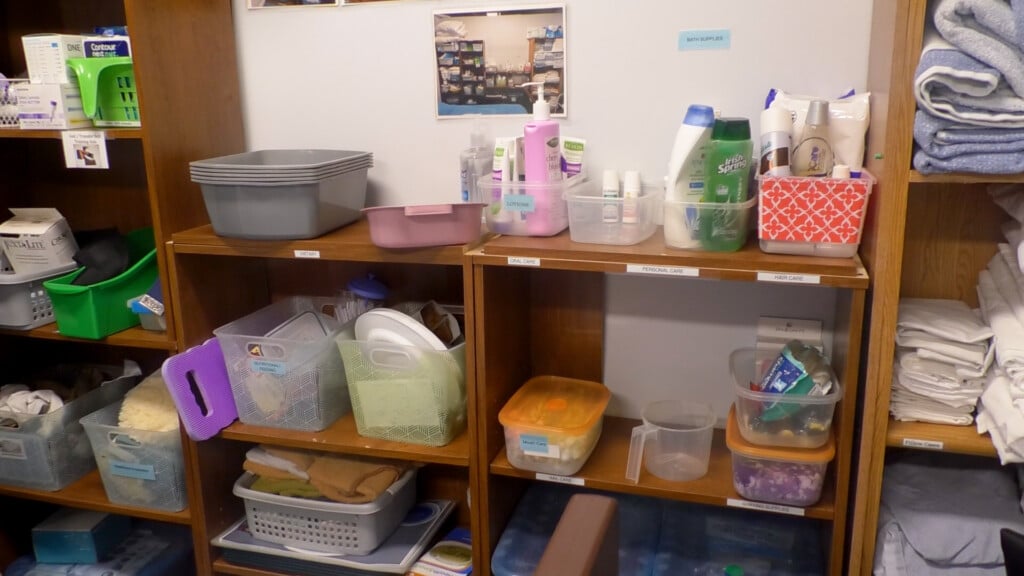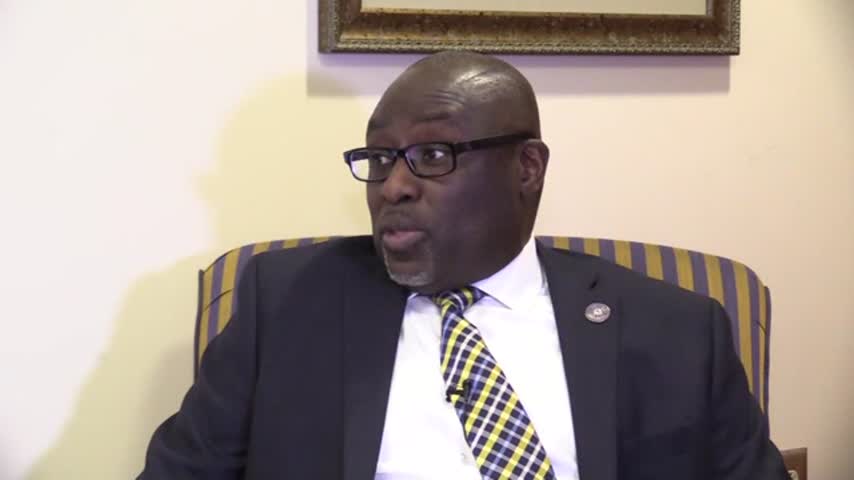Middle Georgia experiencing CNA shortage
This shortage is impacting long-term care facilities in Georgia and across the U.S.

WARNER ROBINS, Georgia (41NBC/WMGT) – The University of Georgia recently conducted a study showing a shortage of Certified Nursing Assistants (CNA) in Middle Georgia. This shortage is impacting long-term care facilities in Georgia and across the U.S.
Aicia Whisnant, the owner of Warner Robins Health Tech, says CNAs provide the majority of direct care in nursing homes, but they are leaving the profession due to factors like low pay, a lack of advancement opportunities and difficult working conditions.
“These girls work so hard taking care of patients and the pay is so little,” Whisnant said. “Like right now, we have students that took a job before they get certified because they have to wait and take their boards, and they’re paying them $11 an hour. How can you support a family on $11 an hour? That’s unheard of.”
She says CNAs provide the majority of direct care in nursing homes and explains what differences she’s seeing being made.
“Nothing, because no one’s wanting to pay the money,” she said. “And unfortunately, you’re going to a have to come off that salary. Or these kids are going to go where that money’s at. Even if it’s a dollar more, it’s still more money, and they need that. In some cases, these are single mothers, and look what they’re doing: working two jobs to take care of their families.”
She explains what a patient needs.
“They need to feel appreciated and needed,” she said. “They still need all the same things we need, and I just want them to show them all the compassion and love they can. Because even the mean ones; well maybe they weren’t mean in their real life, this is just what life has dealt them, and they don’t know who they are sometimes. Try to find a way to make that positive, and that’s what we teach here.”
She says most CNAs work in nasty environments, and that is one key factor that needs improvement.
“Get the CNAs that don’t like that, that want to clean that up, and show them, get in there with them,” she said. “Don’t be scared to work with them. They’ll appreciate that, and once CNAs see that, they’ll do anything in the world for you.”
CNA and recent graduate June Neil Anderson says becoming a CNA was her calling.
“It’s fascinating,” she said. “To see a person and wanting to help. Because we never know, it’s not just for the old. There are young people that may need help, so someone who is compassionate and caring can make a difference in a life.”
Anderson says getting personal with your patient builds trust.
“We spend so much time with the residents that small things that may be overlooked, we notice, and are able to share the information,” she said. “And it’s very important to have the skills and care at this level.”
Whisnant says CNAs need better pay, affordable training and dedicated participants.
She adds CNA training programs in Georgia typically last 4 to 16 weeks, and costs vary determining the class and state.



